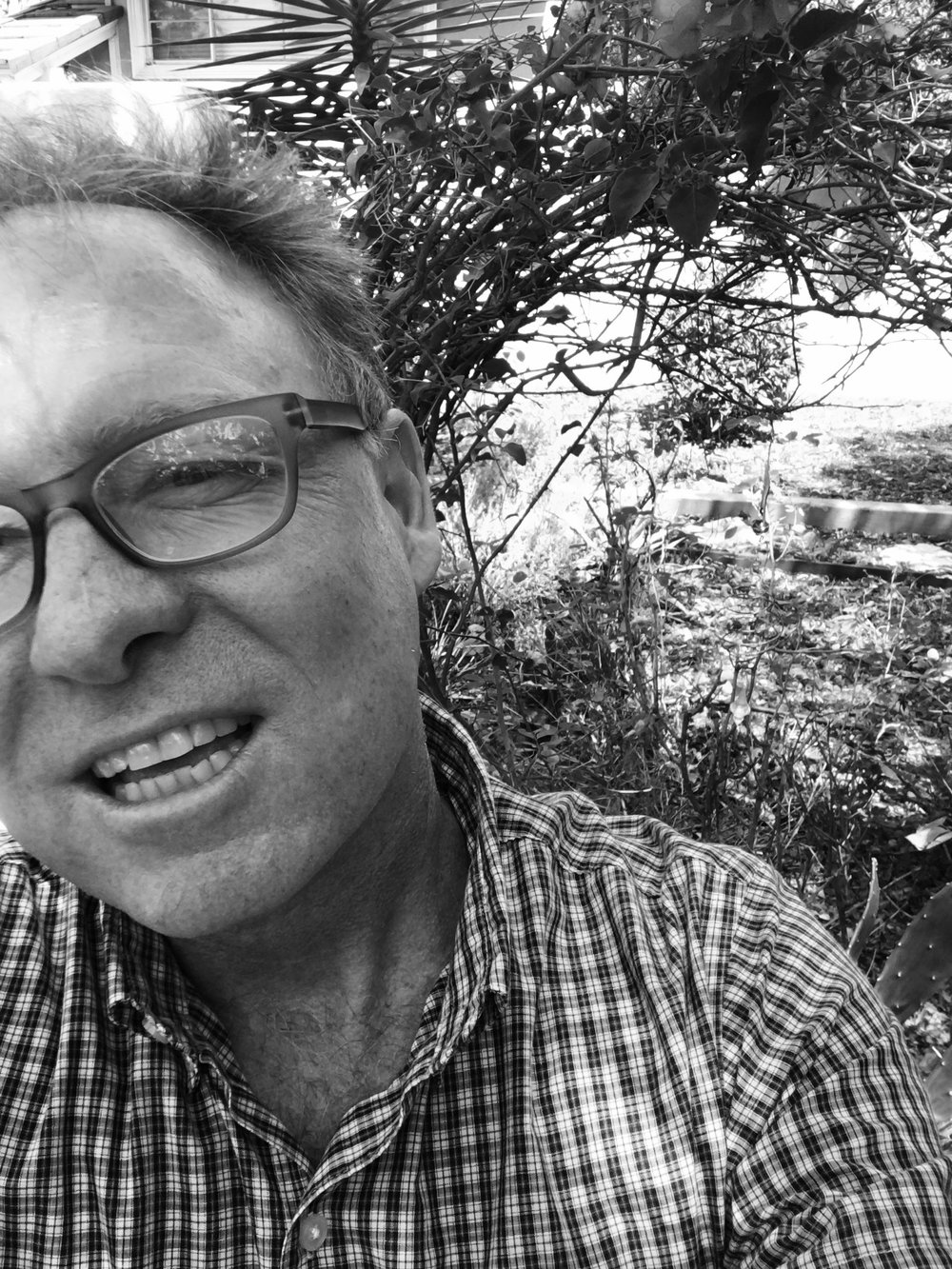NON-FICTION
I Have Never Been to Spain — Brick — Winter 2020
The last two weeks of July we fly to Spain. We are told by many people we are going at the wrong time. At the Fourth of July block party, when I tell our neighbor we are first going to the Canary Islands, then Seville, then Madrid, he tells me not to drink the water. A long story follows about a childhood friend who drank the water. At the end of his story I tell him we are staying at the Ritz-Carlton. I feel bad about it immediately.
I inherited my fear of self-enlargement from my mother: bad things happening to good people and so on. This isn’t necessarily a Southern sensibility, but it is practiced there and past down through the generations. There will be a final accounting, and it will be accurate.
More about my mother: She’s been dead for some ten years now, but when she was alive she didn’t take summer vacations and was suspect of people who did. When she was alive, I didn’t tell her if I was taking a trip because she would have worried about plane crashes and terrorist attacks. She would have watched CNN with renewed purpose. She would have called my middle brother in Colorado and not told him why.
In Search of David Foster Wallace -- Poets & Writers
David Foster Wallace is a funny thinker, a library vaudevillian with an "amphetaminic eagerness" to please. Though best known for his two long, deeply complicated, and often funny novels, The Broom of the System (Penguin, 1987) and Infinite Jest (Little, Brown, 1996), Wallace is most popularly read as a writer of provocative short fiction, collected in three volumes--Girl With Curious Hair (W.W. Norton, 1989), Brief Interviews With Hideous Men (Little, Brown, 1999), and Oblivion (Little, Brown, 2004)--and as a profanely humorous essayist. Wallace's second collection of essays, Consider the Lobster, published last month by Little, Brown, follows eight years after his first, A Supposedly Fun thing I'll Never Do Again, also published by Little, Brown in 1997.
Joan Didion: Late in Life -- The Huffington Post
Old age in America is a humorless state of spent energies--a time-desert laced with lost economic and political power and long hours spent in medical waiting rooms skimming back issues of National Geographic. Old age in America is a commercial loop stuck on the pros and cons of Medicare Part B and unmeasured time in wallpapered kitchens trying to get child-proof caps off orange prescription bottles. Old age in America is simply the loss of youth.
The Writer and the Fallowed Field -- The Huffington Post
At the age of 25, Gustave Flaubert was not yet a writer. In a love letter to Louise Colet, he explained his frustration, "I am the obscure, tenacious pearl-diver who explores the lower depths and surfaces empty-handed..." He was a better reader than writer at this point, which was how he knew he had yet to produce anything good. He continued to practice his craft for years with little to show for it. The fallowed field is common among good writers. For some it comes at the beginning of their careers, causing them to get a late but glorious start. With others fallowness comes and goes. With Flaubert it did both.
A FICTION
A Cow Walks Into a Bank -- Verdad Magazine (Fiction
A cow walks into a bank, a man in a cow head, a brown and white Jersey. He gets in the teller line and works on a withdrawal slip. It's the 1974 Bank of America at the corner of First and Yale, the one with the fake paneling and the dark brown Formica countertops and those tellers with their Dorothy Hamill hairdos. There is a border of yellow daylillies out front, and the muddy shadow of an American flag moving across the sidewalk. Anyway, it's 11:00 a.m. and all the old people are just leaving their houses. Anyway, it's sunny and warm and late, late spring in California.
